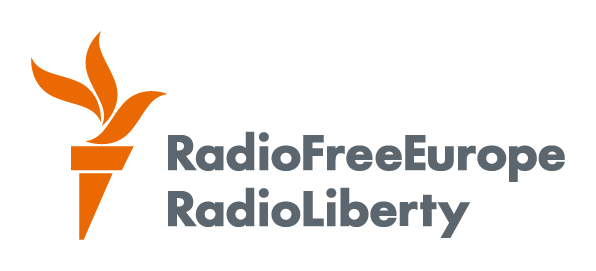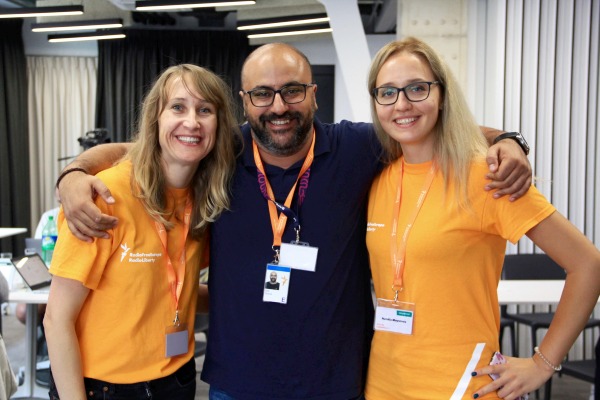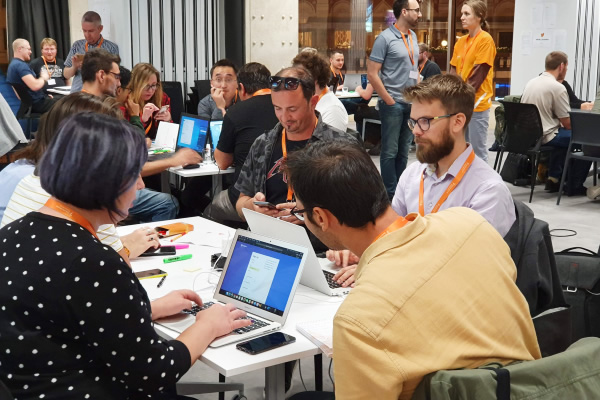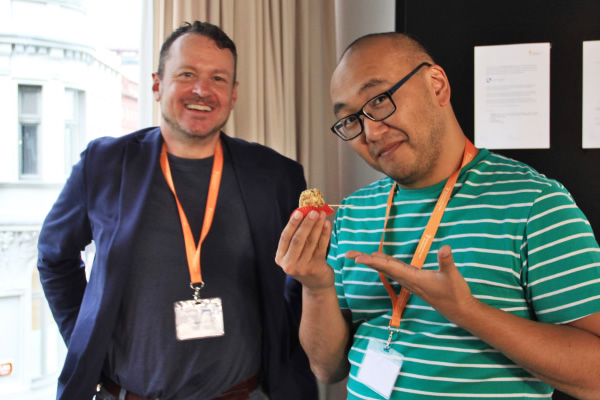Radio Free Europe/Radio Liberty is committed to regional capacity building and fostering innovation. With funding from USAGM’s Internet Freedom Council, we are excited to demonstrate that commitment by hosting two Hackathons – one in Prague, Czech Republic and one in Tbilisi, Georgia. Our goal is to engage interested outside stakeholders in ideation and innovation for the media market which will center on developing technology to increase resilience to censorship and surveillance, to enhance freedom of information, and to bolster abilities to freely access the internet.
The RFE/RL Prague and Tbilisi Hackathons will bring together journalists, coders and designers from the region and the world to share knowledge, innovate, and build digital prototypes to promote media freedom.

RFE/RL journalists report the news in 27 languages and 23 countries where a free press is banned by the government or not fully established. We provide what many people cannot get locally: uncensored news, responsible discussion, and open debate. With over 600 full-time journalists, 1,300 freelancers, and 21 local bureaus, RFE/RL is one of the most comprehensive news operations in the world.
RFE/RL is registered with the IRS as a private, nonprofit Sec. 501(c)3 corporation, and is funded by a grant from the U.S. Congress through the United States Agency for Global Media (USAGM) as a private grantee. RFE/RL's editorial independence is protected by U.S. law.
RFE/RL journalists report the news in 26 languages and 22 countries where a free press is banned by the government or not fully established. We provide what many people cannot get locally: uncensored news, responsible discussion, and open debate. With over 600 full-time journalists, 750 freelancers, and 20 local bureaus, RFE/RL is one of the most comprehensive news operations in the world.
The RFE/RL Hackathon is a 24-hour event bringing together journalists, coders and designers to innovate and build digital prototypes in support of media freedom.
More information

Incubator helps selected RFE/RL hackathon projects to develop by providing design and development support and technical infrastructure.
More information